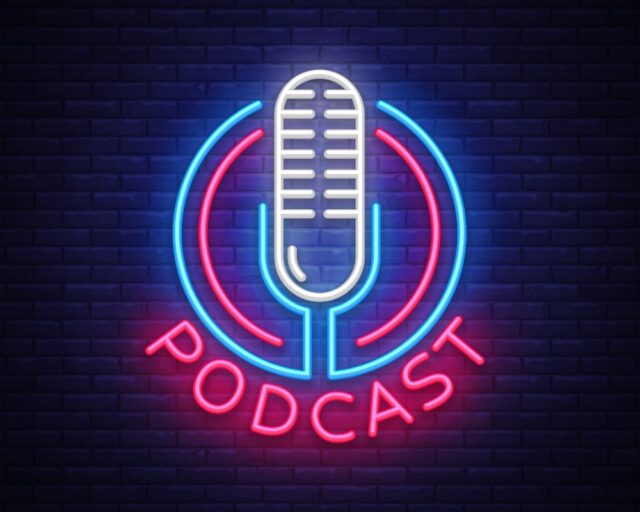
Hosting a podcast has become a dream job for numerous individuals due to not high requirements one might need to prepare a perfect show. Surely, content being handled by the host and their guests is what lures the most of the listeners, therefore, it is crucial to provide a good quality sound to the auditorium. Since the audio is the main media of communication with the audience, its quality needs to go far beyond the quality of an average recording where the listener needs to break a sweat in order to discern what the uttered word actually was. For that reason, we have prepared the following list of 5 editing and production tips and tricks you might want to apply to your podcast and provide your audience with a more pleasant auditory experience.
1. To Cut or Not to Cut

The point of a podcast is to interest the listeners to pay attention to what you and your guests have to say. In other words, you need to provide them with either something new that might interest them or to answer the questions they would like to hear the answers to. Depending on the topic and the type of podcast, you would like to manipulate the dynamics of the conversation, thus, you need to focus on pauses in speech and potential stuttering. Now, the point is to assert what to remove and what to keep in order to make the sound recording a whole. Although stutter can be unpleasant to listen to, you should be careful not to overedit the material, because no matter how ear-piercing a mumble might be, it can also be an ideal way to highlight a particular segment and appoint how an interviewer actually feels about a particular subject.
2. Podcast Duration
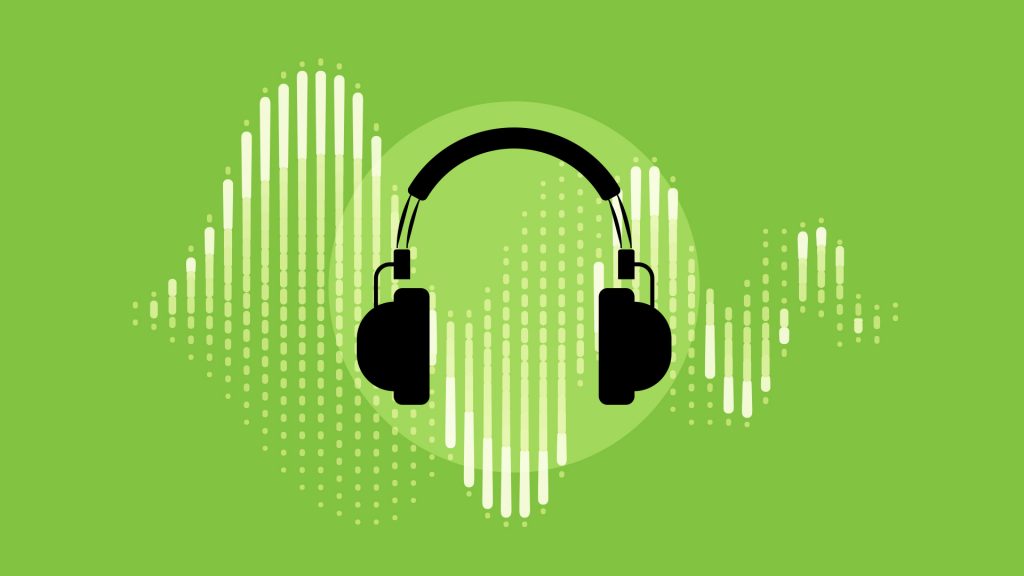
You should be aware that certain podcast hosts have entire production teams behind them and there are the ones that power on their own steam. The catch is not to point out the difference in their budget but to point to different podcast styles they might potentiate. Namely, it is perfect if you have a five-hour-long raw material recording but you need to decide what you want to do with it. Namely, in order to build a characteristic style, you need to get your listeners used to a particular format.
If you have more material than you are used to, you might consider splitting it into two smaller episodes instead of forcing it at once. On the other hand, that particular material might be just the thing you need to make a breakthrough and significantly expand your auditorium. In the end, it all depends on you, so be aware that even the best material needs to sound good so anyone could listen to it.
3. Plan and Program
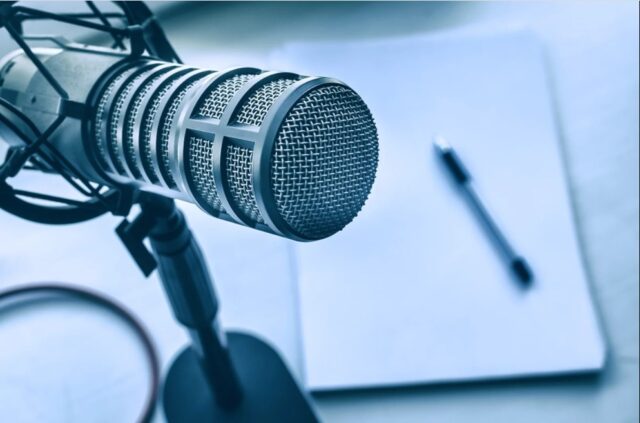
Although it might not seem that these two might have an impact on the sound quality of your podcast, the reality is utterly different when you realize the benefits you might experience only if you dedicate some of your time to podcast managing. Namely, if you carefully plan and realize the show according to your ideas, the chances that you will know where and when to focus your editing skills even before the first listening of the recorder material are major.
Surely, you cannot expect to know how exactly your guest will react to your questions, but a good host should know how to direct their guests to what they want to hear and shift their attention to somewhere else when necessary. Therefore, if you are capable of controlling yourself, to begin with, you have already taken care of much of a task. At Poddster.com you will be able to find additional info on how to improve your podcast performance and to which particular segments to pay special attention to in order to craft the style you will be recognized for.
4. Background Music
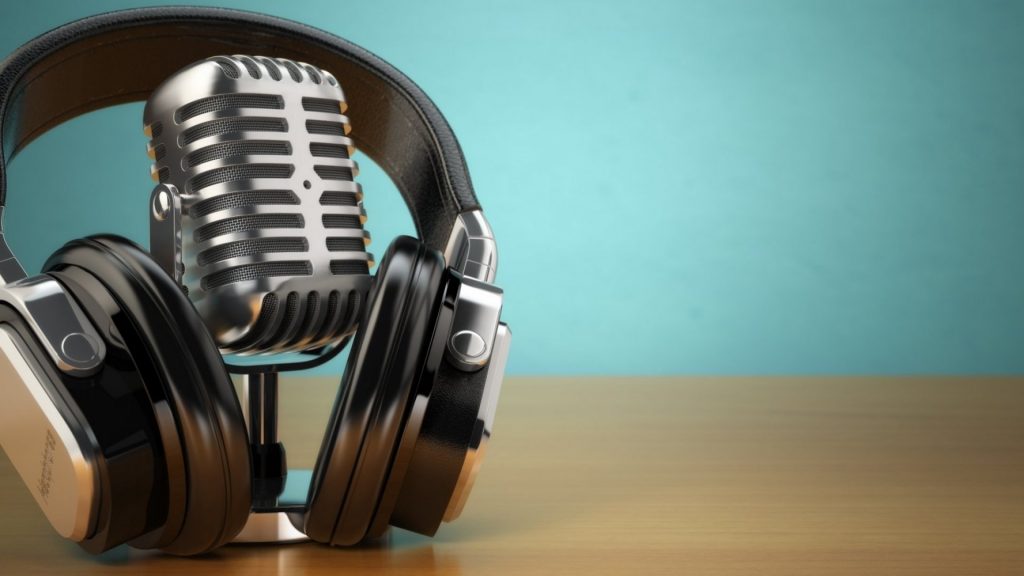
Although music, and Melon’s stream tools, are not a necessity when it comes to a podcast, it is amazing how fluent a show can become if you have a song to lead you through the entire episode. Reasonably, the beginning and the end of each episode need to be different from the rest of the show, so increasing the volume to emphasize the shift is what could be a useful technique for your cause. Also, we need to warn you to be careful and to follow a certain standard. Remember that you are in charge of your podcast so you choose how it will appear to the ears of the audience.
Namely, you do not need to use the same musical background for every single episode, but you should at least keep the same pattern. On the other hand, a single song might be the thing you need since it will automatically remind your listeners on your podcast wherever they might hear it. Another thing that we should highlight is that background music is a background thing and it should stay in the background, not interfering with the voice of the host or the guest while the show lasts. Also, feel free to play with it and raise the volume when you want to distinguish a pause in a speech or even when you want to censor inappropriate material.
5. Equipment and Editing
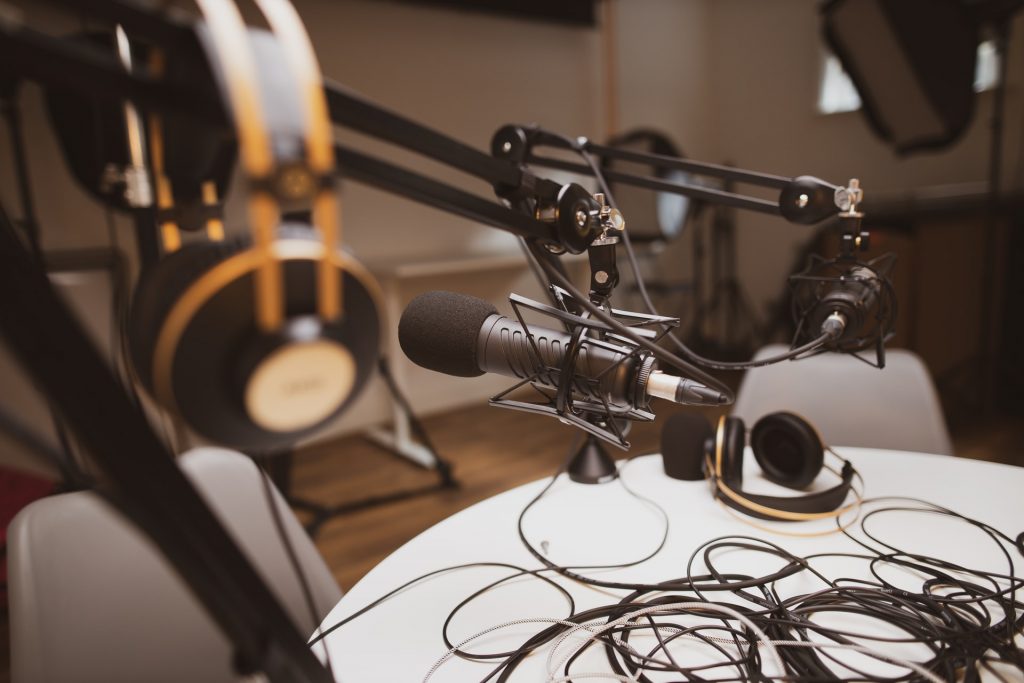
Although it is pretty hard to make something out of a bad quality recording it is still feasible to enhance certain segments of it and make it useful with a skillful ear and even more technique. On the other hand, you can also waste a perfectly good recording if you mess with editing techniques you are not familiar with. That brings us to the conclusion that even though recording equipment is of utter importance, it is still important you know what you do when you are using different voice filters and adjusting the equalizer. Another thing you should worry about is the room where you record your podcast since the more soundproof it is the clearer sounds will your microphones be able to register. Back in the day, people used egg cartons for soundproofing so if you fail to find a more quality sound insulator you can always use a proven recipe.
Hopefully, the aforementioned pieces of advice will help you raise your podcast to another level. You might use all the tips and tricks mentioned above or decide on the ones you find useful and combine them to make the most out of your material. Whatever might be the case, make sure you remember that it is neither the supreme production nor quality editing that will make your podcast a popular show to listen to. It is not even the way you run the show or the topics you choose to discuss. In fact, it is the combination of all of them combined.









